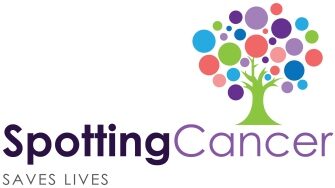Spotting Cancer Blog
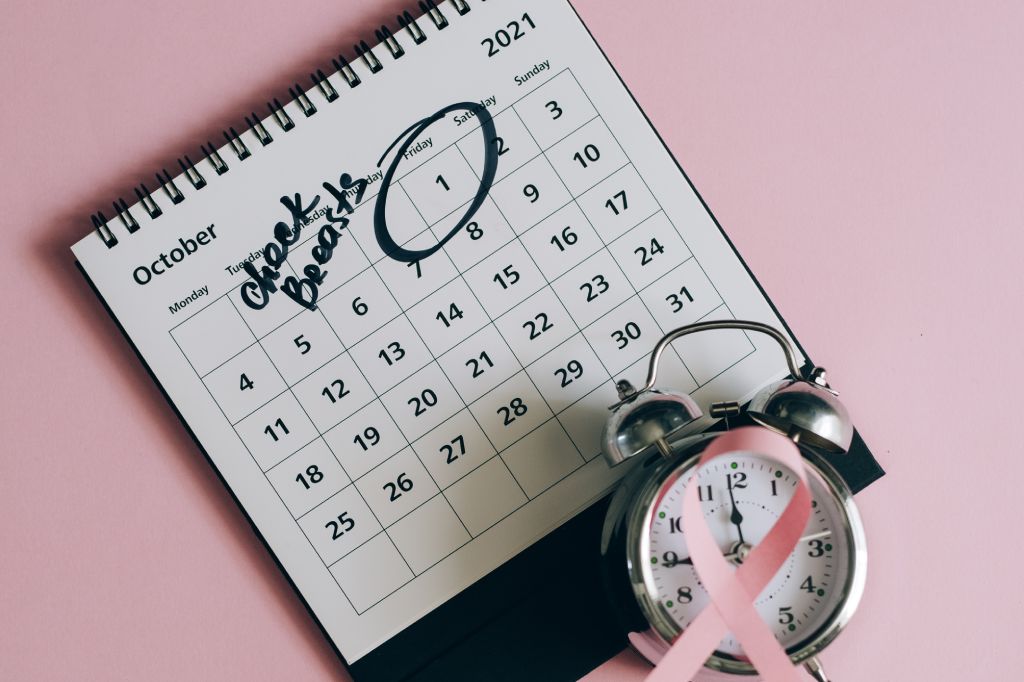
4 Methods That Help Detect Breast Cancer Early
According to the American Cancer Society, 1 out of 8 women will have breast cancer in the United States. The male probability is 1 in 833. The good news 99% of breast cancer patients can survive over 5 years if the disease has not spread.
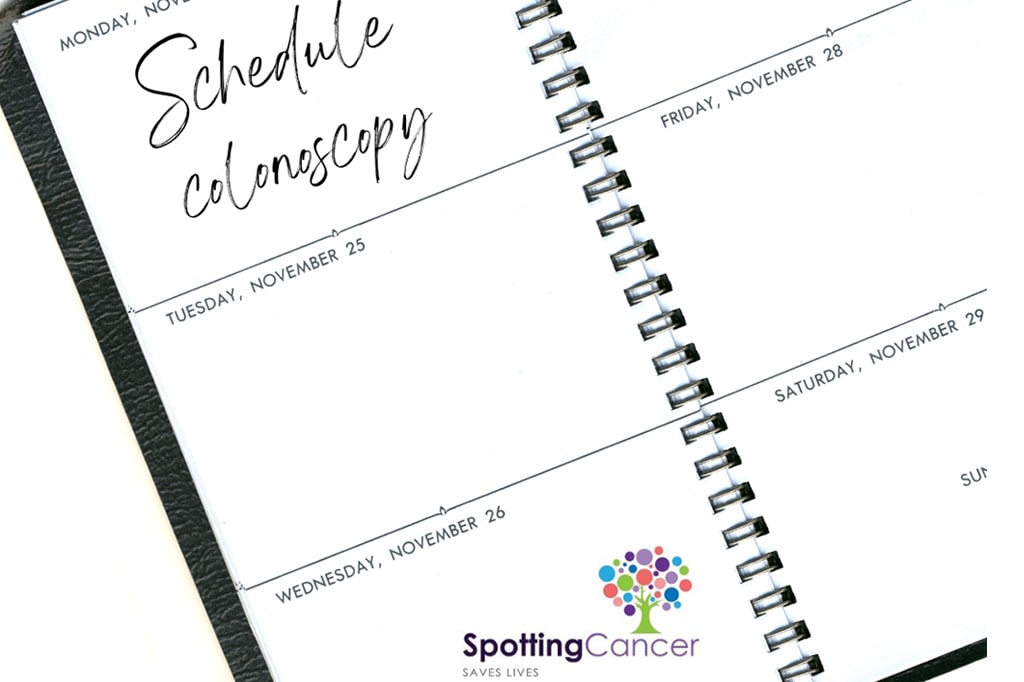
Things to Know About Colonoscopies
A Colonoscopy is an outpatient procedure that lets your health care provider see inside the entire large intestine and rectum.
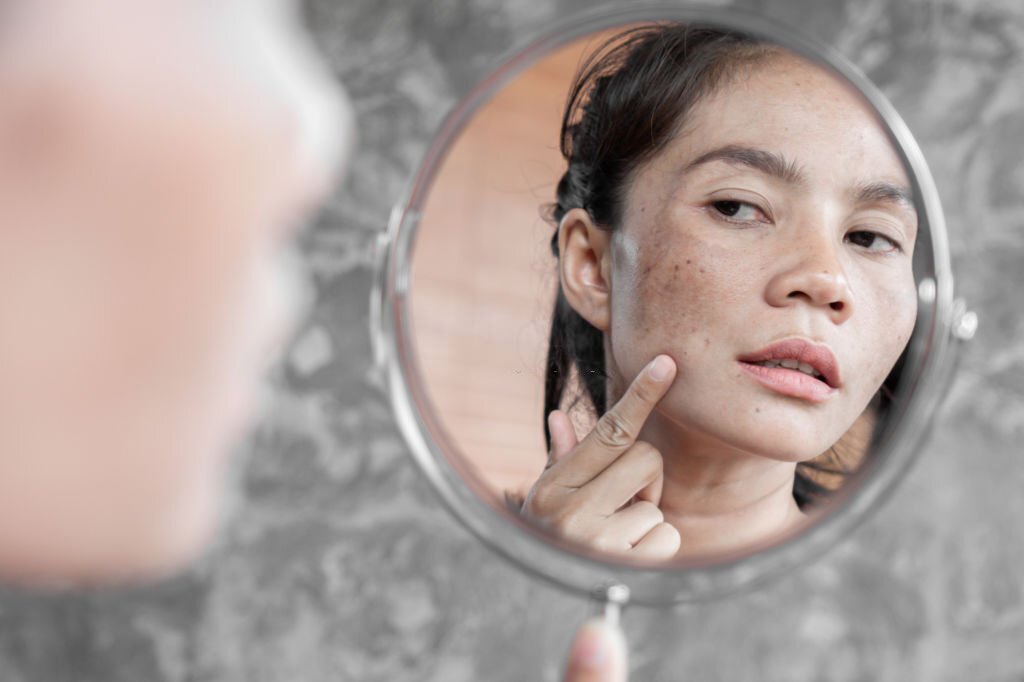
How to Create a Habit of Monitoring Your Body
No one knows your body better than you do. You know every inch of skin and the way your body usually feels during each time of day or routine activity. Just as you might notice a sprain or a cold coming on, you can also keep track of your body’s functions as a pre-screening method to detect cancer.

Have Fun in the Sun, but Stay Protected too!
Enjoying sun-filled days gives you vitamin D, a significant contributor to mental wellbeing. However, prolonged exposure to the sun’s ultraviolet (UV) radiation causes most skin cancers, such as basal cell carcinoma, squamous cell carcinoma, and melanoma.

Not Sure How to Beat Cancer? Take Charge of Your Health to Spot and Beat Cancer
Not sure about how to beat cancer? Be proactive! Take charge of your health by following a few simple guidelines One…Know the signs and symptoms of cancer Two…Check your body on a regular basis for any signs or symptoms Three…Know your family health history.
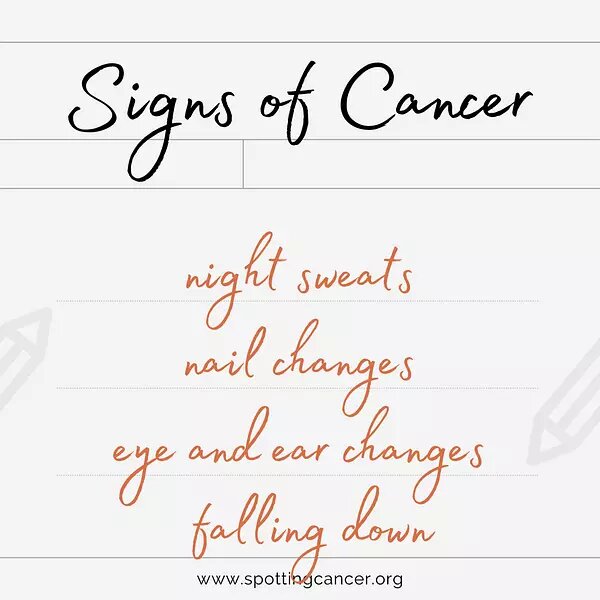
Early Uncommon Cancer Signs and Symptoms
When many people think of cancer, they assume they will know how to spot it. It is true that there are many common signs of cancer that are easier to notice and attribute that something is wrong, after all.
Download Our Spot and Survive Guides Free Now!
Learn the signs to potentially save yours and your family’s life.
Join a Movement Committed to Ending Unnecessary Cancer Deaths
Take action!
As a nonprofit organization, SpottingCancer.Org relies on donations to fund our outreach efforts. However, what is just as important as monetary donations is the donation of time and energy that individuals like you make towards learning about cancer-spotting habits and then spreading that knowledge to your friends and loved ones.
